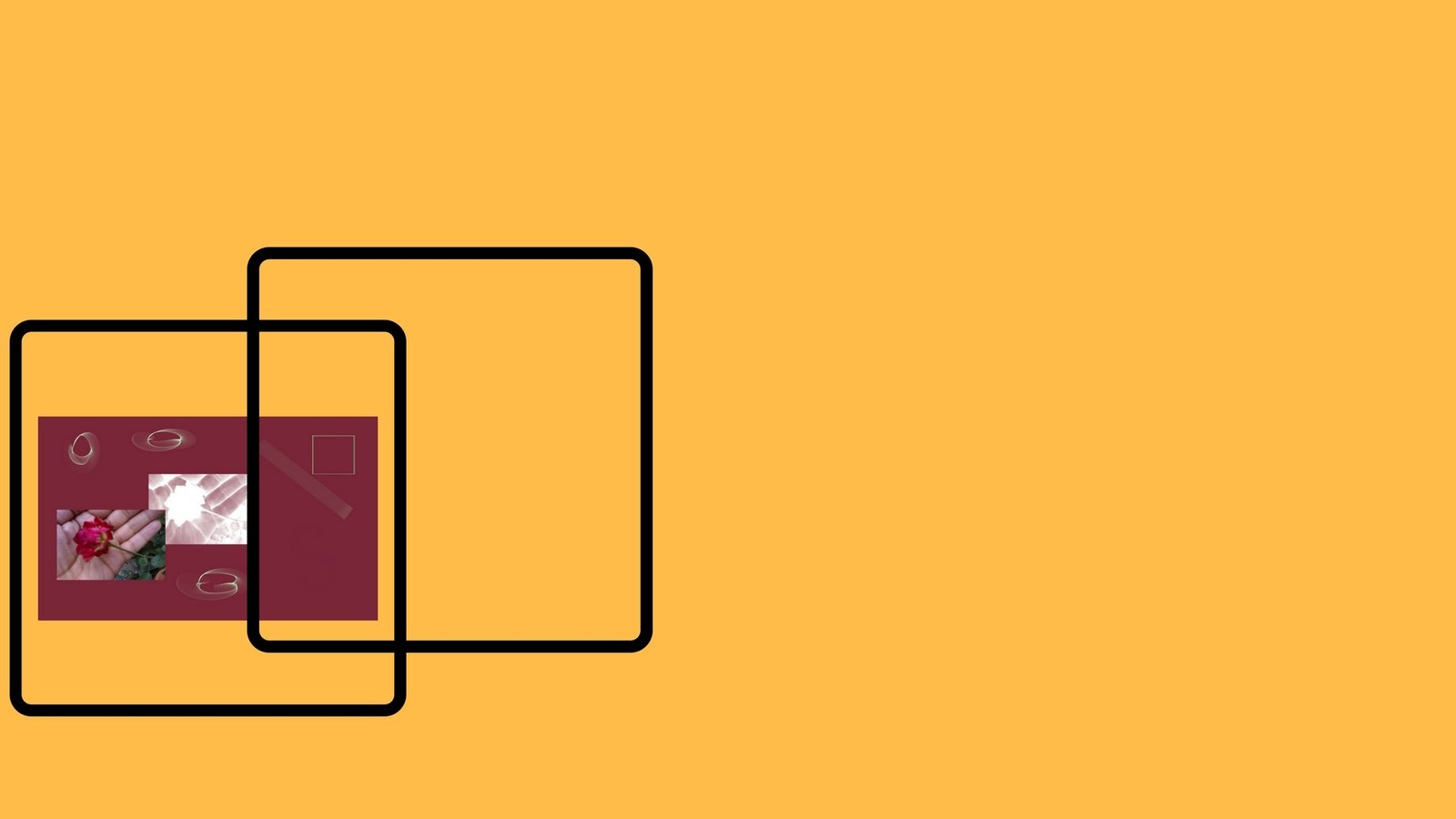
“The health of the mind”: As easy as it is to say those words, it is endlessly a challenge to keep them. To keep a healthy mind is a challenge for so many reasons. It becomes a challenge due to the way we live our lives, the occupations of the modern man, the systemic injustices, physical factors in the environment, and a fast-changing world. Now, amid all this is the professional who has taken on the job of helping other people keep a healthy mind. What a job! Where one man or woman takes the position to offer assistance to the hurting minds of many other people must be a formidable challenge. What is such a professional, or what should such one be? This is an idea worth visiting.
Information qualifies a professional, but only in a limited way
Information is obviously a requirement for certification and earning the requisite degrees. The ability to acquire and use information isn’t possible for everyone. This is how it remained for a very long time until the Internet opened up the same information to the masses. By doing a search on a site like Mayo Clinic or Web MD, it is possible to gain different levels of information suited to patients or doctors. It was always the assumption among patients that doctors would by nature be diligent students in their own fields. It was supposed that they would bring fresh research information into their practice. These assumptions and suppositions have often proved false. The damage and disappointment are serious.
Another factor has been the kind of information that has come into the possession of professionals and non-professionals alike. There has been damning information about the harms from specific drugs and classes of drugs. All such information was also not readily disclosed by drug manufacturing companies. An entire drug-culture developed over a period of decades. Later lawsuits and public outcry created much awareness. In all this, it would have been supposed that professionals would have been better equipped to foresee the dangers, at least enough to warn the others. This too turned into disappointment on several occasions.
Since we are now in the time-period when information can no longer separate a professional mental health care provider from others in the population, what is the great divider. I have tried to identify a few in the following paragraphs.
Experience – a basis for understanding
When a person spends a lot of time in a particular occupation – even as a hobby – the mind gets trained to notice things that others might not. The same is true of mental health. A professional is expected to have a trained eye. Now, it is altogether a different matter that the training could be such that a person is fixated on finding faults and ignore strengths. Even that can become balanced with the passage of time. A professional or a non-professional can come to have the wisdom to not ignore strengths in others. Therefore, the experience is a valuable asset. It takes time. There is no other way!
Listening – the basis for helping
What good be all the professional training if, a professional hasn’t developed a keen listening. Here’s a secret: The quality of listening that a professional exhibits, shows how well-trained he or she is. After all, they had to at one time listen through lectures and read books to develop a base of information. If they are not listening well now, maybe they weren’t really paying attention then either! Listening should be a habit. It opens the door to all further efforts at assisting others.
Empathy
Academic and intellectual prowess cannot substitute for empathy. Empathy exceeds the qualities of comparative worth; it exceeds mental engagement alone. Being empathetic is tiring, and it puts a burden on the human heart. It is also deeply rewarding, and a cause for true refreshment. This is the very quality that reassuringly speaks to the other human, promising them a sense of self-worth. Empathy is a personal quality, and not one that can be acquired through mere training.
There is an additional, natural reason for empathy. It goes beyond planning or making it a part of a calculated setup. With the passage of time, one who seeks the help of mental health care provider and one who is in such a position – professionally or not – a bond is crucial. This bond exists through a recognition of each other’s humanity. The expression of this bond is empathy. Even if trust might remain limited, empathy is still a factor that helps the continuity of the bond. Such is the nature of this work.
Going back to basics
There has been a great divergence from the way humans naturally should interact in society. Why? It is because society itself has changed. So the way people interact has also changed. From a possibility where issues could be settled as family and friends, they migrated and came to reside in the offices of professionals. We need to go back out of those offices and rooms and be able to interact with knowledge, honesty, and humanity. We need to rediscover what has been lost and remember why it was lost in the first place.

